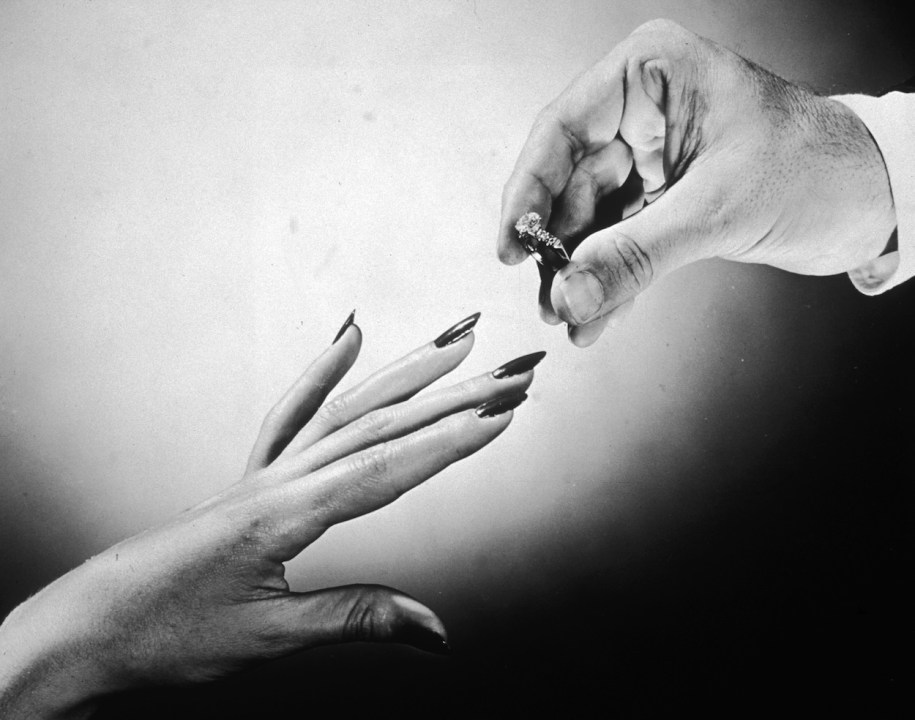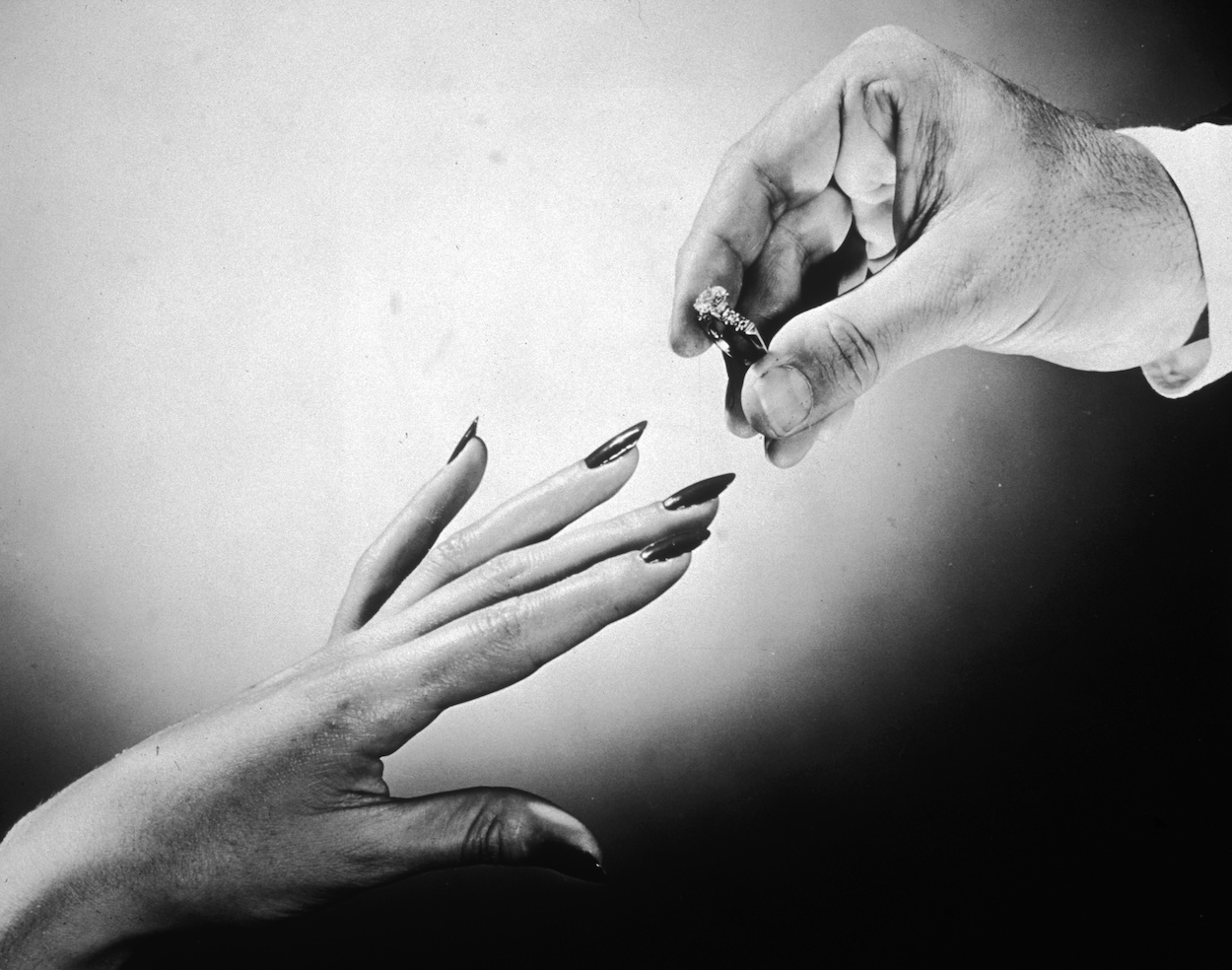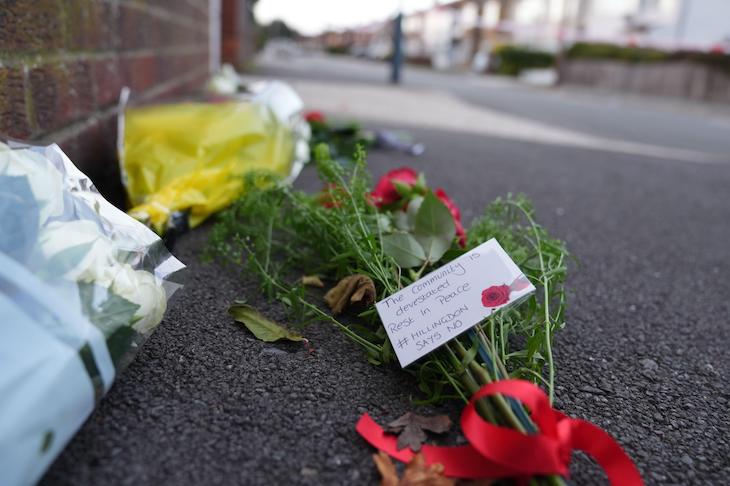I have a distant cousin in Australia whom I have never met. This lady – her name is Moya – has a hobby researching our family’s history, and our paths first crossed virtually via Ancestry.com. This week, Moya told me an astonishing story she had uncovered about my late father’s second marriage to a dying woman convicted of murdering her own, beloved daughter.
It is a truly tragic tale of Dickensian pathos and misery, but one that amazingly my dad never mentioned to me. I only learned the brutal facts from Moya thanks to the wonders of the internet. My father was in his sixties when I was born in the 1950s and died when I was 19. I was the late fruit of his third marriage; he had lost his first two wives to cancer and tuberculosis respectively, leaving him with two sons to bring up alone.
In 1938, as the world readied for war, my widowed dad met a woman while holidaying on the Isle of Wight who had been the central figure in one of the decade’s most notorious criminal cases. Her name was Carmen Swann, and two years previously, in March 1936, she had been sentenced to death for the murder of her eight-year-old daughter Valerie.
Carmen Vasilescu was born in 1903 in Asnières, France, to a French mother and a Romanian father, and had been brought to Britain when still a small child after her mother’s death from tuberculosis. This disease was the scourge of the era and carried off millions of Europeans in their prime. At the time there was no drug to cure it, and the only treatment was prolonged bed rest in a sanitorium, which only the wealthy could afford.
The 1911 census records Carmen was living in Willesden with her widowed father, who worked as a tailor, and two elder siblings: a brother and a sister. Tuberculosis seems to have been the family’s fate. The disease soon killed her sister as it had their mother before her. By 1921, aged 17, Carmen was living alone in a Hendon boarding house and in 1927 she married a bank clerk named Leonard Swann.
Leonard had served in the Great War in the Norfolk Regiment, and the experience had left him with severe shell shock. He suffered deep depressions and outright mania which eventually led him to abuse his wife. He even tried to strangle her while constantly threatened suicide and had several spells incarcerated in mental asylums.
Despite Leonard’s condition, the couple had a daughter, Valerie, to whom Carmen was devoted, often taking her to stay with her brother to seek refuge from Leonard’s threats and violence. In 1936, when Carmen was 32 and Valerie eight, they came home to find that Leonard had hanged himself with his own belt.
By then Carmen too had been stricken with tuberculosis and doctors had told her that the disease was terminal. She was told she had only months left to live. In despair, in February 1936, she checked herself and Valerie into a flat in a mansion block in Maida Vale, ordered a pot of tea from room service, and carefully prepared an exit from a cruel world that had denied her and her child a future.
Closing and sealing the door and windows, she fed Valerie a lethal dose of Veronal sleeping tablets that had been prescribed for her illness, took them herself, and turned on the gas fire. She left three suicide notes explaining her action, bequeathing her life insurance to her brother and requesting an Anglican funeral followed by cremation. The next day, staff servicing the flat broke down the door and discovered mother and daughter in their beds.
She left three suicide notes explaining her action, bequeathing her life insurance to her brother and requesting an Anglican funeral followed by cremation
The gas had run out, and although Valerie was dead, Carmen was still alive. She was taken to St Mary’s Hospital in Paddington, was revived and charged with murdering her daughter and attempting suicide, then a criminal offence. Valerie was put on trial at the Old Bailey and was defended by two leading liberal KCs of the day, Sir Patrick Hastings and St John Hutchinson. She was convicted and sentenced to a week’s imprisonment for her suicide bid. But the law allowed only one sentence for murdering a child: death by hanging. The judge, Mr Justice Hawke, duly donned the black cap.
The papers naturally devoted much space to Carmen’s plight; public sympathy for her desperate situation was intense. Even Mr Justice Hawke, a hardline Tory, was reported to have suppressed tears when passing sentence. The judge recommended a reprieve to the Home Secretary, Sir John Simon, who acted with astonishing speed. Within 24 hours, the death penalty was rescinded and Carmen was removed from the condemned cell at Holloway jail. An outraged Daily Express editorial opined that it was a blot on civilisation that this dying, haunted woman had ever been confined in it. Even the new king, Edward VIII, was reported to have brought his influence to bear to help win her reprieve.
Not wanting the embarrassment of Carmen dying in their custody, the authorities freed her within two years, and she went to the Isle of Wight to try to get over her ordeal, changing her name to Alice to escape her notoriety. This was when she met my dad. He was 13 years older than her and must have known that Carmen was mortally sick. Nevertheless, they married in Surrey early in 1938. Almost immediately, Carmen became pregnant. Her pregnancy seemed to have encouraged the spread of the TB bacilli which were destroying her lungs. Soon after giving birth to my half-brother Keith, Carmen succumbed to her disease and died.
By the end of the war, dad was living with his secretary, who became his third wife – my mother. Keith grew up to do his mother’s memory proud. He was a high-achieving sportsman, a running champion of the RAF and captain, then chairman, of Esher Rugby Club. He did equally well in business, running his own insurance firm in the City. He married happily and fathered four children, one of whom, Nick Jones, founded the immensely successful Soho House club chain and married the TV presenter Kirsty Young. I have no idea whether Nick knows that his grandmother was what the press called ‘the merciful murderess’.








Comments